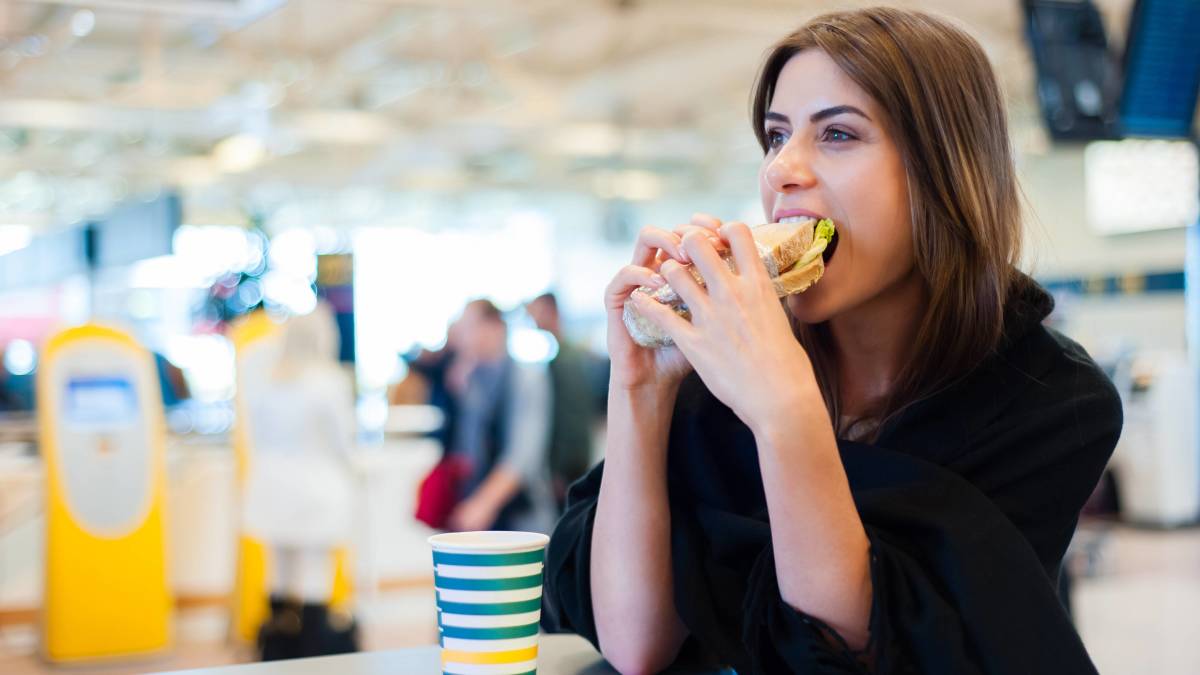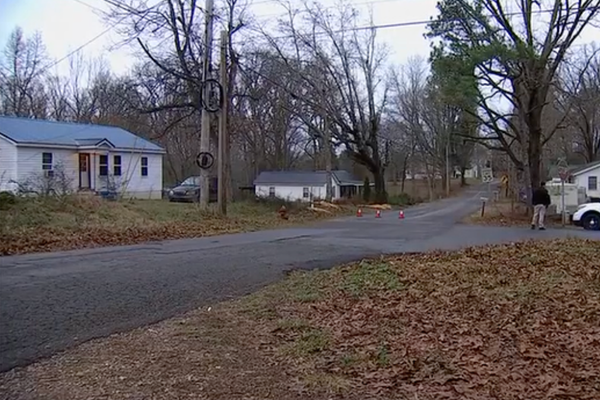
When retailers begin the march to bankruptcy, regular customers may notice.
The signs can be hidden, but if you look closely enough, you see things like merchandise not being available in every size or certain shelves being barer than usual.
That happens when a company lacks the cash to pay its vendors or it attempts to space out orders longer in order to push off when the bills come due. Once a lack of money starts affecting whether a retailer can fill its shelves, the end becomes more or less inevitable.
Related: Iconic retail chain closing roughly half its stores
Less merchandise means fewer sales, which simply builds upon the cycle, That's what happened with bankrupt, and now defunct, retailers Tuesday Morning, Christmas Tree Shops, and Bed Bath & Beyond.
You can't make money when you have nothing to sell, but customers are more forgiving with retailers than restaurants. It's not uncommon to go to a thriving store and not find exactly what you want. If that happens, you won't cross the store off your list and will almost certainly give it at least a few chances to meet your needs.
That's not true when it comes to struggling restaurants. If you visit a fast-food burger chain and it's out of burgers or offers meat different from what you expect, that's not a good sign, and it may be the beginning of the end.

Image source: Vlad Teodor/Shutterstock
Boston Market nearing the end
Boston Market has dwindled from a rising national chain with over 300 locations to one that's out of money with less than 30 stores left. The struggling chain, owned by Jay Pandya, faces hundreds of lawsuits and lost a judgment against its key supplier, US Foods, for $15 million.
The company is appealing that verdict, but a victory there seems unlikely given the original ruling in the case. U.S. District Judge Manish Shah said Boston Market had a "willful disregard" for the lawsuit.
"Shah issued the default judgment and also dismissed Boston Market’s response to the lawsuit and its counterclaim that US Foods charged too much for food," Restaurant Business Online reported.
Pandya has twice attempted to file for Chapter 11 bankruptcy protection. In both cases his filing has been dismissed. After his latest filing was denied, a bankruptcy court judge banned the Boston Market owner, who listed the US Foods judgment among his debts, from filing again for six months.
Without Chapter 11 bankruptcy protection Boston Market has no way to forestall the evictions that have forced most of its stores to close.
Boston Market has a proud history
Founded as Boston Chicken in 1985, the chain began in a Boston suburb and grew quickly. Marketed as a meal replacement that was better for you than traditional fast food, the chain helped make rotisserie chicken popular, and it arguably paved the way for higher-end fast food chains like Chipotle and Cava.
The chain, at least what's left of it, still tries to abide by the principles that first made the company successful.
"Our mission is to create awesome rotisserie meals," the company says on its website. "We started our restaurant revolution with just three ingredients: fire, a spit, and chicken. No one does chicken like we do. But chicken isn’t the only thing that hits our rotisserie oven — we utilize the same tried-and-true techniques on our prime rib. Get hungry for rotisserie perfection."
ALSO READ: Costco rival Sam's Club makes major food-court change
Boston Market, which once counted McDonald's among its owners, has tried to move beyond chicken in recent years, Menu expansion, however, could not fix its financial problems and over the past 12 months locations have been rapidly closing as the brand moves toward what seems like its inevitable demise.







